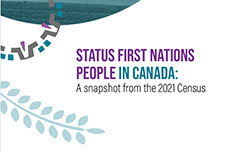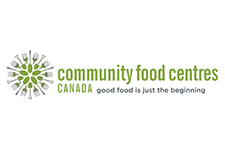Charitable food programs have been the primary response to household food insecurity in Canada since the 1980s. Yet, for as long as there has been systematic monitoring, there has been no meaningful decline in the prevalence of household food insecurity.
Based on the most recent data from Statistic Canada’s Canadian Income Survey, almost 1 in 6 people in the ten provinces lived in a food-insecure household in 2021. This amounts to 5.8 million Canadians, which is an underestimate considering that data on the territories are not yet available and the survey does not include people living on First Nations reserves, in some remote Northern areas, or who are homeless.
Research into what it means to be food insecure helps explain why interventions centred around food have such limited impact — they fail to address the underlying problem of inadequate income. Food-insecure households do not only make compromises to food but also to other basic needs. The health consequences of food insecurity extend far beyond poor nutrition.





